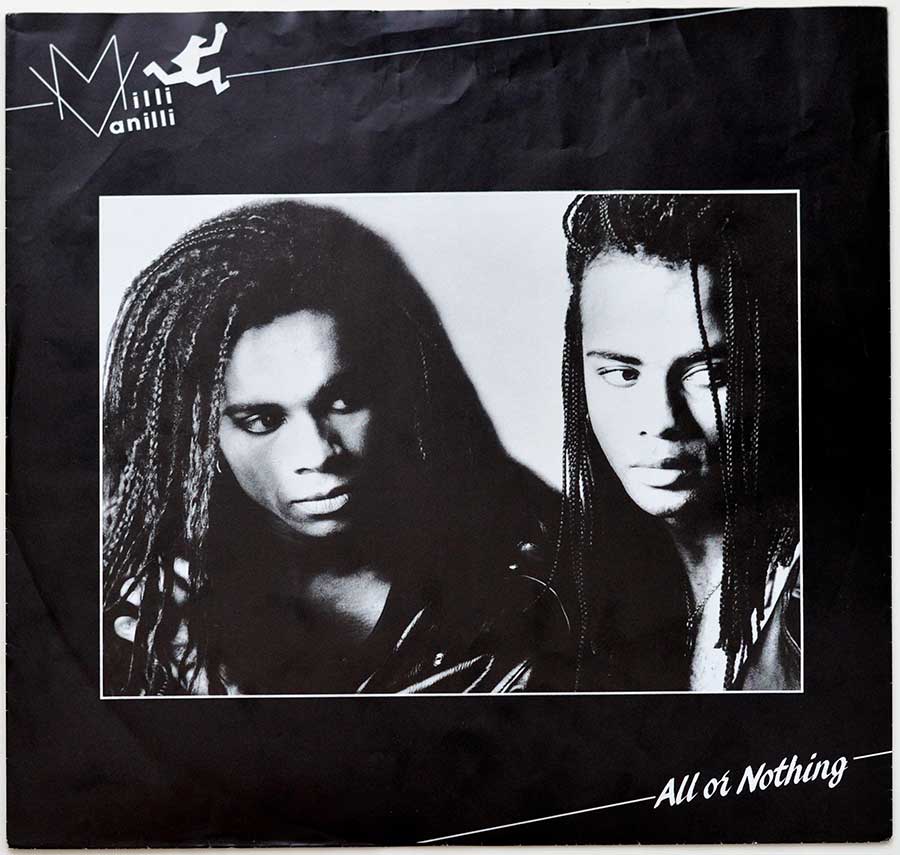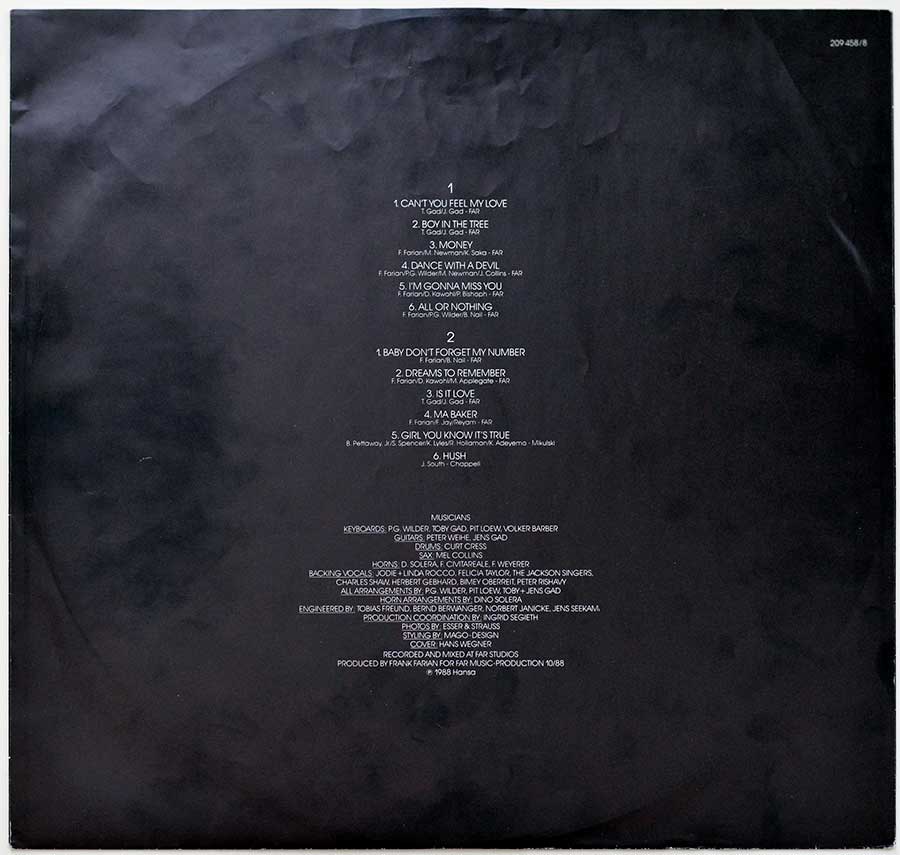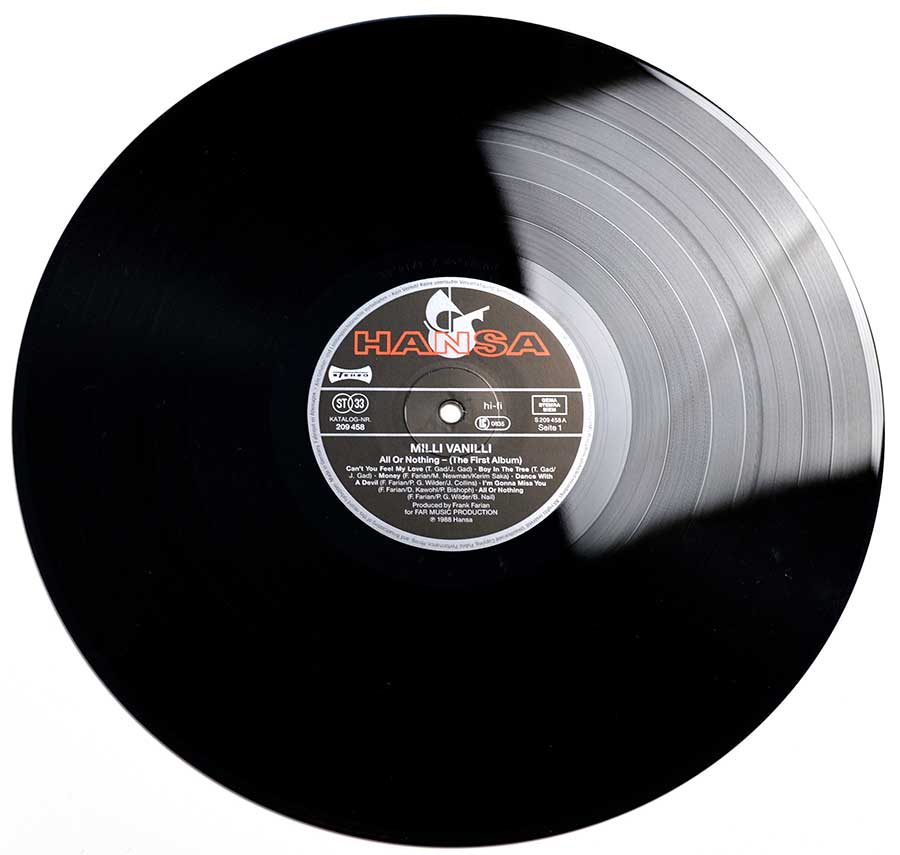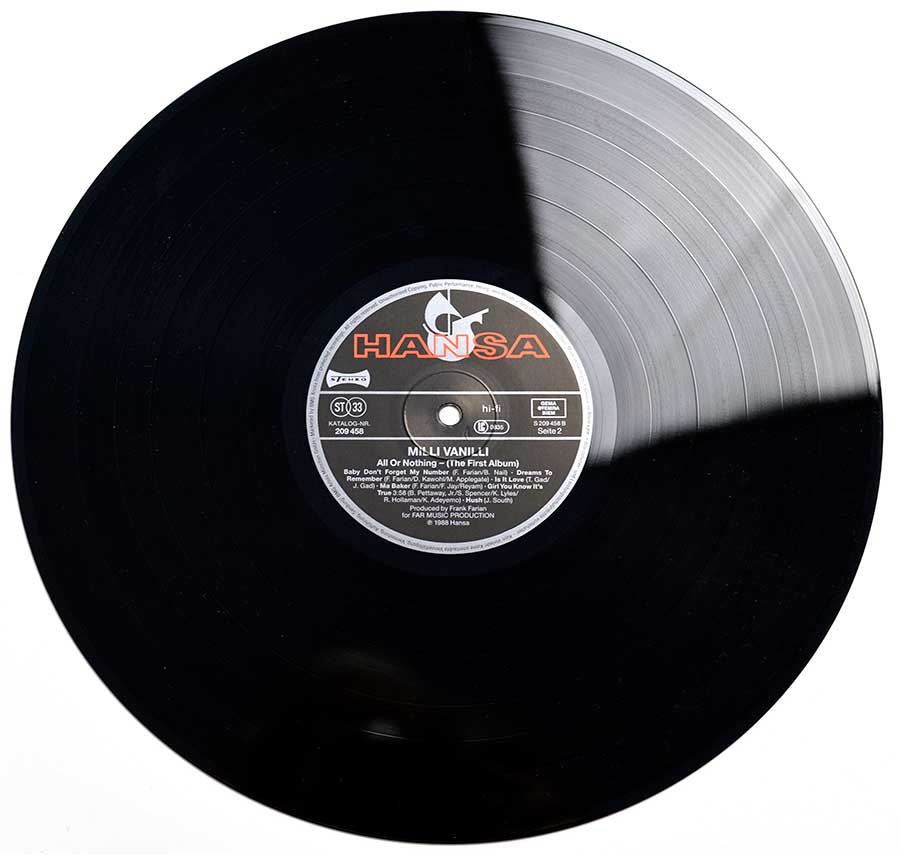The Milli Vanilli scandal is a notorious chapter in the history of the music industry that exposed the dark underbelly of manufactured pop stardom and highlighted the importance of authenticity in artistry. The scandal revolved around the revelation that the duo Fab Morvan and Rob Pilatus, the faces of Milli Vanilli, had not actually sung any of the vocals on their debut album "All Or Nothing" or subsequent releases. The true vocal performances were provided by other uncredited singers.
Rise to Pop Stardom:
Milli Vanilli, formed in Germany in the late 1980s, quickly rose to fame with their catchy dance-pop tunes and charismatic stage presence. Their debut album "All Or Nothing" was released in 1988 and featured hits like "Girl You Know It's True" and "Blame It on the Rain". The album gained significant attention, and the duo's good looks and energetic performances made them media darlings.
The Unraveling of the Scandal:
The first signs of trouble emerged during a live performance on 21 July 1989, at a promotional event in Bristol, Connecticut. While performing their song "Girl You Know It's True", the recording of the track began skipping, revealing that the vocals being sung were not in sync with the lyrics. This embarrassing incident raised suspicions and led to questions about the authenticity of Milli Vanilli's vocals.
Rumors began to circulate, and the media started investigating the vocal performances on Milli Vanilli's records. In December 1989, during a concert in front of a live audience in Connecticut, the recorded backing track malfunctioned once again, exposing the fact that Fab Morvan and Rob Pilatus were not singing live. The duo attempted to cover up the mishap, but the damage had been done.
The Confession and Fallout:
Facing mounting pressure and public scrutiny, Fab Morvan and Rob Pilatus were eventually forced to admit the truth behind their lip-syncing. In November 1990, during a live MTV performance in the United States, the duo's manager, Frank Farian, revealed that Fab and Rob had not sung on their records. This admission led to a massive backlash from fans, the media, and the music industry.
As a result of the scandal, Milli Vanilli's Grammy Award for Best New Artist was revoked, further tarnishing their reputation. The duo's popularity plummeted, and they became the target of ridicule and criticism. Their music was pulled from radio stations, and they were dropped by their record label, Arista Records.
Legal Battles and Tragedy:
In the aftermath of the scandal, several class-action lawsuits were filed against the record label and management, alleging consumer fraud. The lawsuits claimed that consumers had been deceived into buying albums based on false pretenses. These legal battles resulted in settlements and compensation for some fans who had purchased Milli Vanilli's albums.
Tragically, Rob Pilatus struggled with substance abuse and depression in the years following the scandal. In 1998, at the age of 32, he was found dead from an accidental drug overdose in a hotel room in Germany. His death marked a sad and unfortunate end to a tumultuous journey.
Legacy and Lessons Learned:
The Milli Vanilli scandal had a profound impact on the music industry, shining a spotlight on the manufactured nature of some pop acts and prompting discussions about the importance of authenticity and artistic integrity. The incident also led to changes in how artists were promoted and marketed, with a renewed emphasis on genuine talent and vocal ability.
"All Or Nothing", the album that initially propelled Milli Vanilli to fame, remains a symbol of the complex interplay between artistry, commercialism, and public perception. While the scandal itself was a dark chapter in music history, it serves as a cautionary tale and a reminder of the enduring value of genuine artistic expression.





